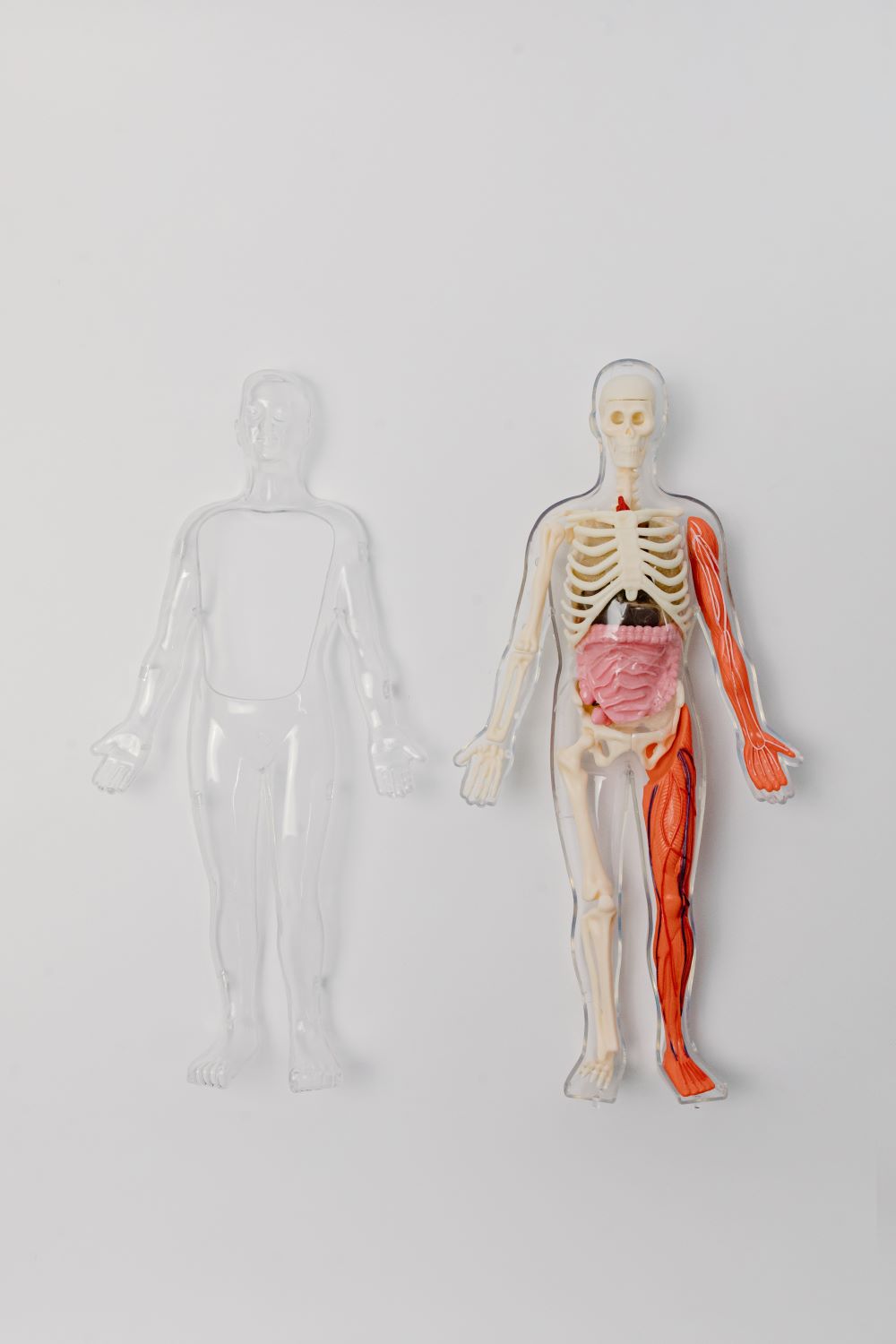A new study reveals the importance of considering kidney health early in life.
A recent study has found that even a “modest” decline in kidney function can harm young adults’ health, and thus, should be more closely monitored. The research, conducted by various scientists from various institutions, sheds light on the importance of maintaining optimal kidney health from an early age. The study, published in the Journal of Renal Health, analyzed data from over 2,500 young adults aged 18 to 30. Participants underwent periodic kidney function tests over five years. The researchers assessed changes in kidney function by measuring the estimated glomerular filtration rate (eGFR), a standard measure of kidney function.
The findings revealed that even a tiny decrease in eGFR, considered within the normal range, was associated with an increased risk of developing adverse health outcomes and levels should be monitored. Participants who experienced a decline in kidney function of as little as 10% had a significantly higher likelihood of developing hypertension, diabetes, and cardiovascular disease than those with stable kidney function.
Dr. Sarah Thompson, the study’s lead author and a nephrologist at the University Medical Center, emphasized the significance of the findings. “Traditionally, a decline in kidney function was considered significant only if it fell outside the normal range,” she explained. “However, our study indicates that even subtle changes within the normal range can have long-term implications for health.”

The researchers also observed a link between decreased kidney function and markers of inflammation and oxidative stress in the body. These factors contribute to the development of chronic diseases, including cardiovascular conditions. Early declines in kidney function might set off a cascade of destructive processes that increase the risk of adverse health outcomes.
Kidneys are vital in maintaining overall health by filtering waste products and excess fluids from the bloodstream. They also regulate blood pressure and produce hormones that aid in making red blood cells. Any impairment in kidney function can disrupt these crucial processes, leading to a range of health problems, but an individual can lessen their risk of kidney disease by eating a low-salt diet, exercising regularly, and reducing alcohol use.
The study underscores the importance of preventive measures and early intervention to safeguard kidney health, which should be monitored earlier in life. Lifestyle modifications, such as adopting a balanced diet, staying physically active, and avoiding excessive salt and sugar intake, can help maintain optimal kidney function. Regular monitoring of kidney function through routine check-ups is also crucial, particularly for individuals at higher risk, including those with a family history of kidney disease or other underlying health conditions.
Dr. Thompson emphasized the need for healthcare providers to be vigilant in assessing kidney health, even in young adults. “Identifying and addressing early signs of kidney dysfunction can significantly impact long-term health outcomes,” she noted. “By intervening early, we may be able to mitigate the risk of developing chronic diseases associated with kidney dysfunction.”
The findings of this study provide valuable insights into the potential risks associated with even minor declines in kidney function among young adults. By raising awareness about the importance of kidney health, researchers hope to encourage individuals to take proactive steps to maintain and protect their kidneys, ultimately leading to better overall health and well-being.
Sources:
Even ‘Modest’ Drop in Kidney Function Might Harm Young Adults: Study


Join the conversation!